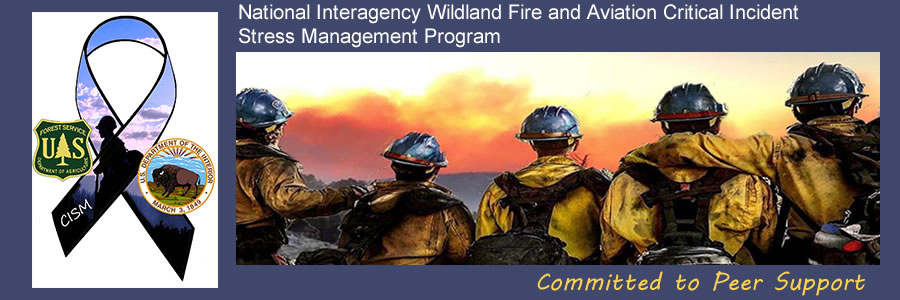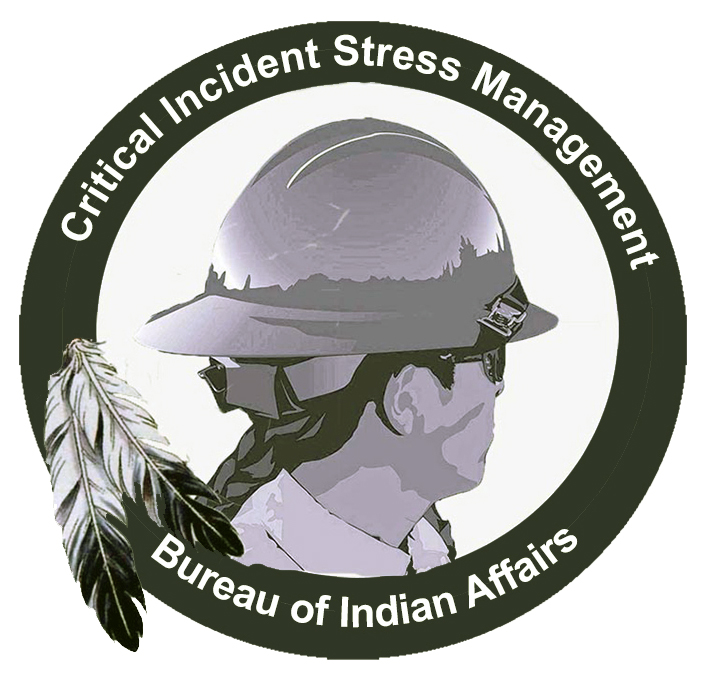
Main Print Heading
Print Subheading
The Components of Crisis Intervention
The CISM package includes integrated, multi-component crisis intervention strategies helpful in the aftermath of a traumatic event. The type of intervention used depends on the situation, the number of people involved, and their proximity to the event. The goal of the intervention is to address the trauma. Read More

The Crisis Management Briefing
A Crisis Management Briefing (CMB) is one of the most highly utilized and versatile crisis intervention techniques. A CMB is a structured group meeting designed to provide information about the event. A CMB is an opportunity for managers to demonstrate a sense of leadership, reduce chaos, enhance credibility, and control rumors. A CMB is an information "push" provided for groups of 15 to 20 people to over 200 or more.
The CMB is commonly referred to as a "town hall meeting" due to its venue, structure, and format. Critical Incident Peer Support Groups use CMBs to share education about typical stress reactions and provide information about essential stress management, coping techniques, and resources. In addition, a CMB is an avenue to generate cohesion, re-gain a sense of camaraderie, and re-establish a sense of community. Read More
Critical Incident Stress Debriefing
The Critical Incident Stress Debriefing (CISD) is a specific technique designed to assist others in dealing with the physical or psychological symptoms that are generally associated with trauma exposure. Most approaches to CISD incorporate one or more aspects of the seven-part model in the CISD design. The CISD alone is generally not the only crisis intervention technique used. Participation in CISD is voluntary, and attendance should never be mandatory.
CISD is perhaps the most misunderstood and overused term in the Critical Incident Stress Management program. The word "debriefing" often serves as a "catch-all" for various crisis intervention protocols that are substantially different from the CISD application and structure. Of most significance, CISD is intended for small groups and was never designed for primary victims or in a one-on-one setting. Not everyone involved in a critical incident requires a debriefing.
Misuse of the debriefing risks heightening the effect of the trauma, and reactions may be more severe. I may also compromise the healing and recovery process.Read More

Strategic Response to Crisis
Because psychological intervention is based on the recognition of need, not strictly the occurrence of an event, it is crucial to get advice on what post-incident support would be appropriate as soon as possible. One of the challenges is intervening only where and when needed using the most appropriate intervention for the situation. Therefore, working with a qualified CISM Coordinator trained and experienced in strategic response to crisis is vital. Read More
Comprensive Fitness
The most important element of combating critical incident stress is pre-incident stress education. The process should be started early in a career and continued with annual refresher courses. Reactions to critical incidents are expected.
However, developing healthy coping skills and learning to be resilient may help during times of high stress. Resilience is adapting well to stress, adversity, trauma, or tragedy.

Individual Care
Crisis intervention with individuals, one- on- one, is an essential element in the CISM approach. This form of crisis intervention is the most widely used of all crisis intervention tactics. Read More

Referral and Follow-Up Care
After the initial crisis intervention, referral, and follow-up, facilitating access to the next level of formalized medical and psychological care is essential for CISM.
However, this does not imply that CIPS Groups should make "repeated" or "follow-up visits" after the initial interventions. That's outside the scope of their training. Follow-up ensures that those individuals who require more intense intervention than acute psychological support receive a referral to a higher level of care.
Additional Information
International Critical Incident Stress Foundation
National Alliance on Mental Illness
American Telepsychology Association
 » Read More
» Read More
Agency CISM Information
- Bureau of Indian Affairs
- Bureau of Land Management
- U.S. Fish and Wildlife Service
- U.S. Forest Service
- National Park Service
- Southwest Geographic Area
- State Agencies

